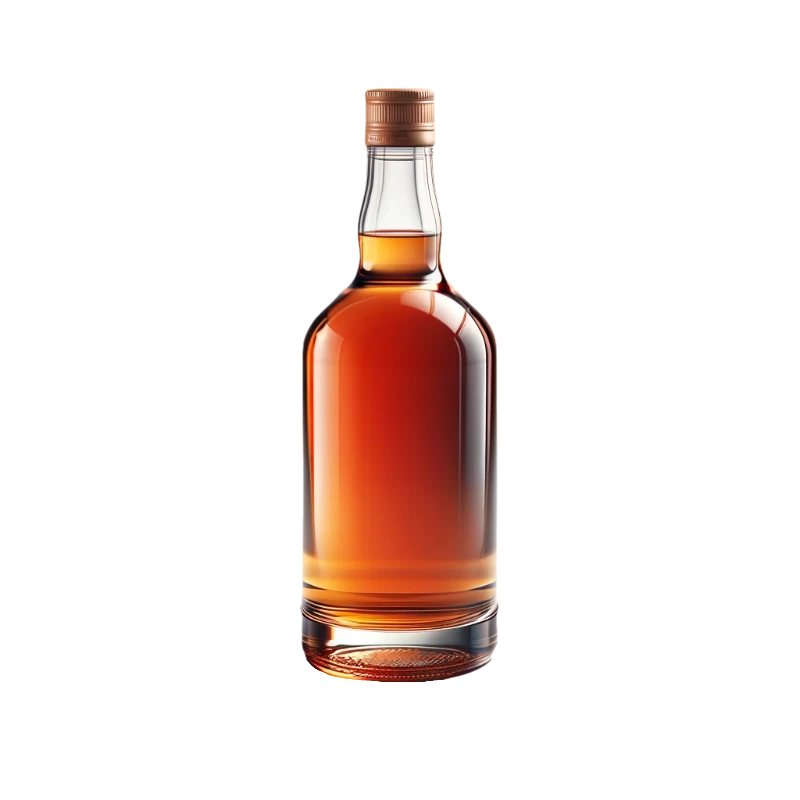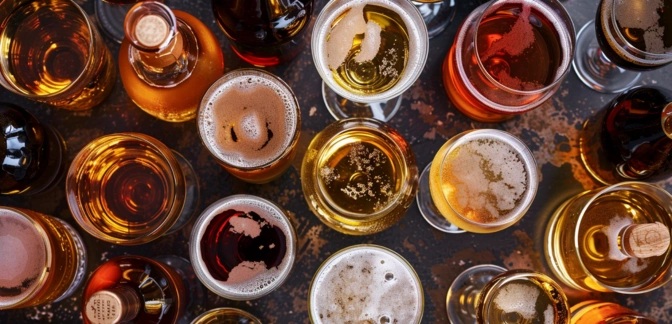Brandy — Nutrients, Health Benefits, And Shopping Tips

Written by Listonic Team
Last update on September 4, 2024
Nutrients
Nutrition facts
Amount per 100 g
Calories
🔥 231 kcal
| Nutrition per: 100 g | Value | % Daily Value* |
|---|---|---|
| Carbs | 0 g | - |
| Fiber | 0 g | - |
| Sugars | 0 g | - |
| Glycemic Index | 0 | - |
| Protein | 0 g | - |
| Sodium | 4 mg | 0.17% |
| Total Fat | 0 g | - |
*The % of Daily Value (DV) tells you how much a nutrient in a serving of food contributes to a daily diet. 2,000 calories a day is used for general nutrition advice.
Key takeaways
Health risks
- High alcohol content which can lead to addiction, liver damage, and other health problems if consumed in excess.
- High calorie content which can contribute to weight gain if consumed frequently, particularly when mixed with sugary drinks.
- Negative impact on mental health as excessive alcohol consumption is associated with depression, anxiety, and other mental health disorders.
- Risk of cardiovascular issues including high blood pressure, heart disease, and stroke, especially with heavy or binge drinking.
How to choose brandy
Brandy selection should focus on those with a deep, amber color and a smooth, rich aroma. The age of the brandy is crucial—older varieties generally offer more depth and flavor. Look for a balanced profile of fruit, wood, and spices in a good brandy.
Avoid brandy that smells predominantly of alcohol without other nuanced aromas, as this can suggest inadequate aging. Also, bypass brandy with a very light color, which may indicate a shorter aging process or dilution.

How to store brandy
Brandy should be stored in a cool, dark place away from direct sunlight. A liquor cabinet or pantry is ideal to maintain its flavor and quality. Properly stored, brandy can last indefinitely.
Exposure to light and heat can cause brandy to degrade, so these should be avoided. Do not store brandy in the refrigerator, as this can alter its taste. Keeping the bottle tightly sealed prevents evaporation and preserves its aroma.
✅ Extra Tip
How long does it last?
Brandy can last indefinitely if unopened and stored in a cool, dark place. Once opened, it should be consumed within 1-2 years for the best flavor. Always keep it tightly sealed to prevent oxidation and evaporation.
What to do with leftovers?
Leftover brandy can be used in a variety of cooking and baking recipes. Add it to desserts like fruitcakes, truffles, or chocolate sauces for a rich, warming flavor. Brandy is also excellent for making flambéed dishes, such as bananas Foster or crepes Suzette.
Use brandy in savory dishes as well, such as deglazing a pan for a rich sauce or gravy to serve with meats like pork or beef. It can also be used in marinades, where it tenderizes the meat and adds depth of flavor. If you have a lot of brandy, consider making a brandy glaze for desserts or a brandy-infused custard. Brandy can also be added to coffee or hot chocolate for a warming drink, or mixed into cocktails like a brandy sour or sidecar.
👨⚕️️ Medical disclaimer
Discover products from other categories
Listonic Team
Fact-checked
Our editorial team checked this article to make sure it was accurate at the time of publishing it.
Get the top-rated shopping list app

brandy
1 piece







